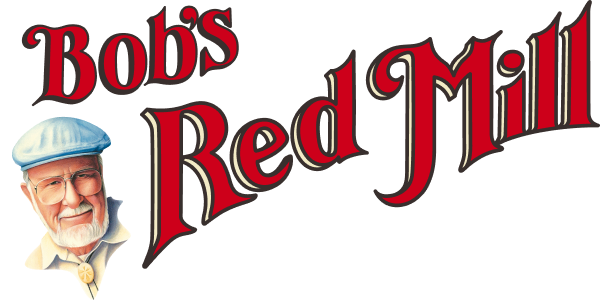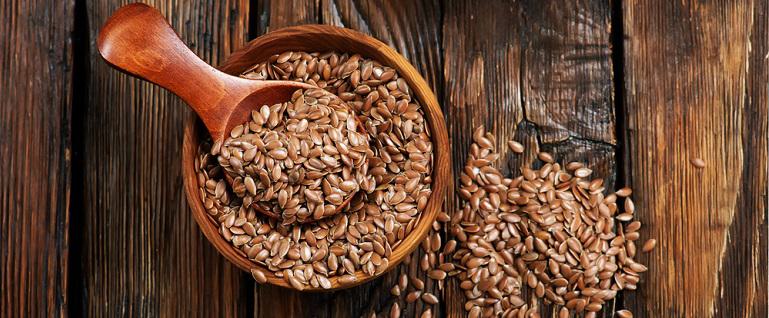


 Now that you know what great addition seeds make to a meal, let's talk about flax seeds specifically. Flax seeds are the seed of the flax plant, a plant that has a history of being used as a textile and food. When used to make fabric, the product of flax seed is commonly known as linen. Linseed oil, a vegetable oil, is also derived from this plant. However, the most common way to enjoy flax seeds is the seed itself. Flax seeds are small and smooth and can range from brown to yellow in color. When harvested, flax seeds are packaged and incorporated into all dishes, from energy bars to sweet baked crumbles.
Though flax seed has recently grown in popularity, it has been cultivated for thousands of years. In fact, flax seed is one of the oldest known crops, which first originated in the Mediterranean and quickly made its way across the globe to India. This seed has been around for so long that the ancient Egyptians used to make it into cloth to wrap mummies in.
Now that you know what great addition seeds make to a meal, let's talk about flax seeds specifically. Flax seeds are the seed of the flax plant, a plant that has a history of being used as a textile and food. When used to make fabric, the product of flax seed is commonly known as linen. Linseed oil, a vegetable oil, is also derived from this plant. However, the most common way to enjoy flax seeds is the seed itself. Flax seeds are small and smooth and can range from brown to yellow in color. When harvested, flax seeds are packaged and incorporated into all dishes, from energy bars to sweet baked crumbles.
Though flax seed has recently grown in popularity, it has been cultivated for thousands of years. In fact, flax seed is one of the oldest known crops, which first originated in the Mediterranean and quickly made its way across the globe to India. This seed has been around for so long that the ancient Egyptians used to make it into cloth to wrap mummies in.
 Now that we've covered flax seeds, it's time to discuss hemp seeds. Hemp seeds are much what they sound like, the seeds of the hemp plant. The hemp plant can be used in many ways, and while it's often associated with cannabis, hemp seed and hemp protein powder don't contain THC or CBD.
While some hemp seeds can be found in the whole form, most are sold pre-hulled and are commonly labeled as hemp hearts. Hemp hearts are the soft inner part of the hemp seed, which remains once the shell has been removed. While whole hemp seeds' texture is crunchy, hemp hearts have a much smoother texture that's often described as slightly squishy.
Both hemp seeds and hearts are loaded with nutrients, making them excellent nutritional supplements for people looking to make healthy additions to their diet.
Now that we've covered flax seeds, it's time to discuss hemp seeds. Hemp seeds are much what they sound like, the seeds of the hemp plant. The hemp plant can be used in many ways, and while it's often associated with cannabis, hemp seed and hemp protein powder don't contain THC or CBD.
While some hemp seeds can be found in the whole form, most are sold pre-hulled and are commonly labeled as hemp hearts. Hemp hearts are the soft inner part of the hemp seed, which remains once the shell has been removed. While whole hemp seeds' texture is crunchy, hemp hearts have a much smoother texture that's often described as slightly squishy.
Both hemp seeds and hearts are loaded with nutrients, making them excellent nutritional supplements for people looking to make healthy additions to their diet.
 While flax seeds and hemp seed hearts share similar nutritional benefits, there are times when one of these seeds is a better option than the other. Here's a quick nutritional comparison to help you decide which seed is best for your diet.
While flax seeds and hemp seed hearts share similar nutritional benefits, there are times when one of these seeds is a better option than the other. Here's a quick nutritional comparison to help you decide which seed is best for your diet.